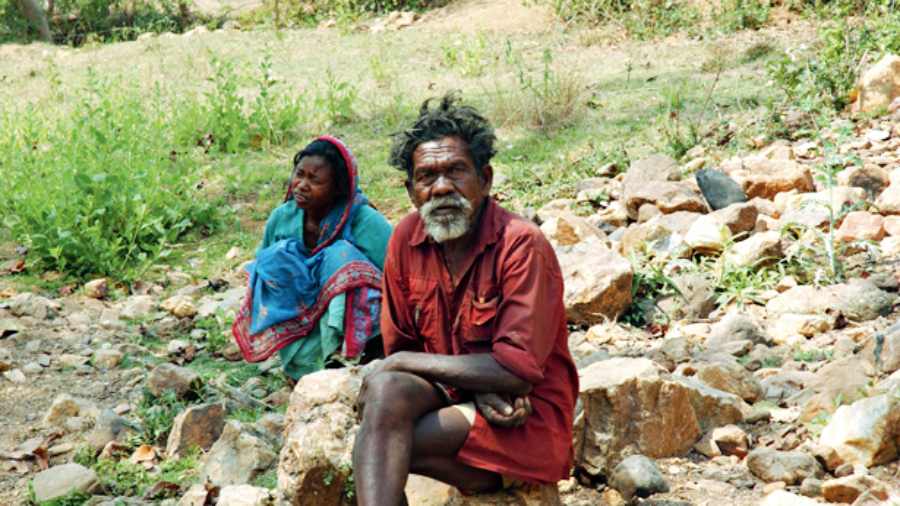Book: Being Adivasi: Existence, Entitlements, Exclusion
Author: Edited by Abhay Flavian Xaxa and G.N. Devy,
Publisher: Vintage
Price: Rs 699
During a conversation between the linguist, G.N. Devy, and the historian, Ramachandra Guha, at the Adivasi Academy, the latter asked him why there has been no Ambedkar among adivasis. Years later, Devy, while interviewing the activist, Abhay Flavian Xaxa, remembered Guha’s query and said: “I felt as if Abhay could probably be the answer for that question.”
Devy was referring to the legacy of Xaxa who died in 2020, leaving behind a yawning gap in adivasi movements and politics. This exchange contained in this book offers revealing glimpses of the adivasi condition in India. Its basic premise is that the Indian State and big capital have throttled adivasi growth despite laws that are supposed to protect their rights and entitlements. Xaxa’s memorable poem, “I Am Not Your Data”, sets the tone for this edited volume.
Devy’s introduction cautions the reader at the outset that the genesis of the social category called adivasi is not yet a settled one. Not all adivasi communities have identical issues and concerns. Yet, some common aspects, such as their endangered identity, environment, language, gender sensitivity, belief systems, performance traditions and human rights form the core issues relating to their struggles and survival.
The instructive introduction is followed by a series of carefully-selected essays that provide extensive data and insights into as well as analysis of the condition of adivasis in India.
The significance of colonial history in shaping the discourse on adivasis in India is examined in detail. For example, the term, “thuggee”, originated in colonial India and was used to criminalize nomadic communities and tribes. The stigma of criminality continues to stick to many of these groups now known as Denotified Tribes. Several DNT communities are yet to be recognized as scheduled castes or scheduled tribes.
One of the essays notes that adivasis have been through the process of twin colonialism — one of British rule and the other by the non-tribal population. But people, especially those affected by or threatened with displacement “are no longer in a mood to suffer passively”. There is a long history of tribal resistance to mining — largescale protests by tribals against Vedanta Alumina Limited in Kalahandi and against TISCO in Kalinganagar in Odisha are two such examples. Another interesting chapter linked to adivasi struggles pertains to the variety of resistance strategies witnessed among tribal people in recent times. This has taken the form of identity politics, as seen in Jharkhand’s Pathalgadi movement as well as the working class and peasant-led struggles epitomized by the Kisan Long March in Maharashtra and other movements.
Extensive data are used to tell the adivasi story in numbers, concerning their displacement and the under-allocation of financial resources by the government. One of the chapters makes the interesting point that the debate on reservations has occupied so much space and thought that other forms of affirmative action have been glossed over by critics and beneficiaries of reservations.
“Speak Up a Revolution”, a sparkling chapter on CGNet Swara, an internet-based voice platform, shows how it revolutionized communication for the adivasis of Central India. The chapter is a testament to the needs for the media to be democratized and for adivasis to tell their own stories on their own terms.
The extent to which the NDA-led government has eroded and reversed laws that empowered adivasis is an important theme in the book. This edited volume includes essays by Naresh Chandra Saxena, Virginius Xaxa, Meenakshi Natarajan, Kantilal Bhuria and Vikrant Bhuria, Archana Prasad, Vincent Ekka, Ajay Dandekar, S. Choudhary, Ghanshyam, Abhay Flavian Xaxa, Chitrangada Choudhury and Aniket Aga.











